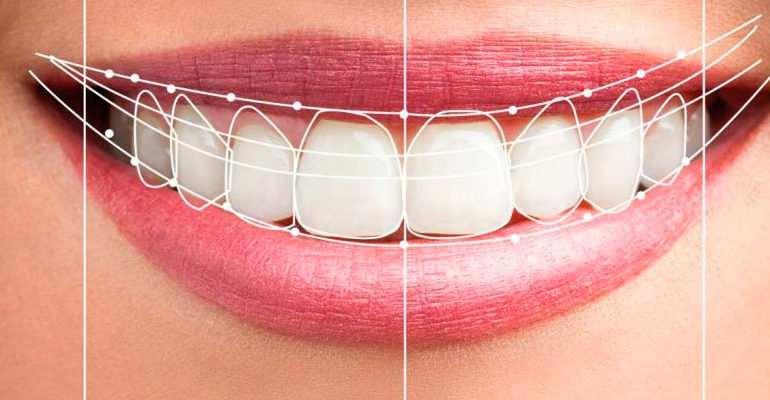Diabetes can cause serious problems in your mouth. You can do something about it.
If you have diabetes, make sure you take care of your mouth. People with diabetes are at risk for mouth infections, especially periodontal (gum) disease. Periodontal disease can damage the gum and bone that hold your teeth in place and may lead to painful chewing problems. Some people with serious gum disease lose their teeth. Periodontal disease may also make it hard to control your blood glucose (blood sugar).
Other problems diabetes can cause are dry mouth and a fungal infection called thrush. Dry mouth happens when you do not have enough saliva—the fluid that keeps your mouth wet. Diabetes may also cause the glucose level in your saliva to increase. Together, these problems may lead to thrush, which causes painful white patches in your mouth. If your diabetes is not under control, you are more likely to develop problems in your mouth.

The good news is you can keep your teeth and gums healthy. By controlling your blood glucose, brushing twice a day, flossing regularly, and visiting the dentist for routine checkups, you can help prevent serious problems in your mouth.
Take steps to keep your mouth healthy. Call the dentist when you notice a problem.
If you have diabetes, follow these steps:
-Control your blood glucose.
-Brush twice a day and floss regularly.
-Visit a dentist for routine checkups. Be sure to tell the dentist that you have diabetes and give the dentist a list of any medications you take.
-Tell the dentist if your dentures (false teeth) do not fit right, or if your gums are sore.
-Quit smoking. Smoking makes gum disease worse. A physician or dentist can help you quit.
Take time to check your mouth regularly for any problems. Sometimes people notice that their gums bleed when they brush and floss. Others notice dryness, soreness, white patches, or a bad taste in the mouth. All of these are reasons to visit the dentist.
Remember, good blood glucose control can help prevent mouth problems




